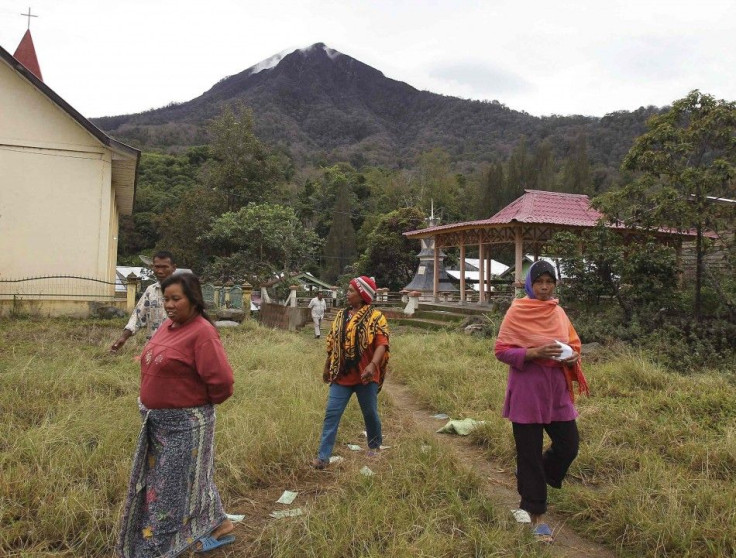Maori Representation In New Zealand Local Councils May Go Up

Maori representation in New Zealand's local and district councils has become a big debating point in political circles. The leadership of Maoris has seized the initiative taken by the Plymouth mayor for giving more representation to Maoris in the local councils. Now the community wants the government to take the initiative forward.
Maori Party co-leader Marama Fox raised the issue openly and questioned the minister of local government to come out with the initiatives that seek to increase the indigenous representation on councils, reported Scoop. Nz News. The credit for the Maori upsurge is with New Plymouth District Council Mayor Andrew Judd, who also called upon the government to change the laws to allow for 50-50 representation between Maori and non-Maori sections on local authorities, to reflect the partnership enshrined in Treaty of Waitangi partnership.
Mayor's Gesture
The mayor took his fight for Maori representation a step further and called for a law-change so that half of all councillors in New Zealand are Maori. This, despite the criticism faced by the mayor for his council's plans to create a Maori ward. However, Judd believes that Maori representation across the country will be a tribute to the Treaty of Waitangi, reported Stuff.Co. Nz.
Fox said her party saluted Judd's vision as representation has been in a woeful state with only 5.7 percent of representatives on local government identifying as Maori. The Maori pressure was responded by Local Government Minister Paula Bennett, who said that at the moment, the government has no action plan to make changes to the current settings. However, officials have taken note of the issue of and the government will take a call in 2015, the minister said.
Provisions Inadequate
Another Maori Party co-leader Te Ururoa Flavell highlighted the current legal provisions that offset adequate Maori representation in local governments. "If you take the New Plymouth case, to get one dedicated Maori ward out of 14 you need to use the local voters on the Maori electorate roll and the position can be over-turned by a referendum triggered by five percent of the population. Again, that seat is up for re-consideration every six years," noted Flavell.
In June 2010, Flavell moved the Local Electoral (Maori Representation) Amendment bill with a demand that all territorial authorities and regional councils establish Maori wards and constituencies to provide for Maori representation. That time, Parliament was not ready for the bill. Quite clearly, the local government is prepared to be more visionary, as New Plymouth revealed, noted Flavell.
Impact of Report
Judd's call for 50-50 representation in local government will have its echo in all councils. The timing is also important as it comes on the back of the recent Waitangi Tribunal report that revealed both Maoris and the Crown signed the agreement as equal partners. Maori leader Fox pointed out that the Treaty was never about division and was about establishing a foundation for unity and mutual respect. She said it is natural that decision-making bodies around Aotearoa should value the unique voice that "tangata whenua" could bring to the table. Equal representation in local government must be a benchmark that everyone should strive for.





















